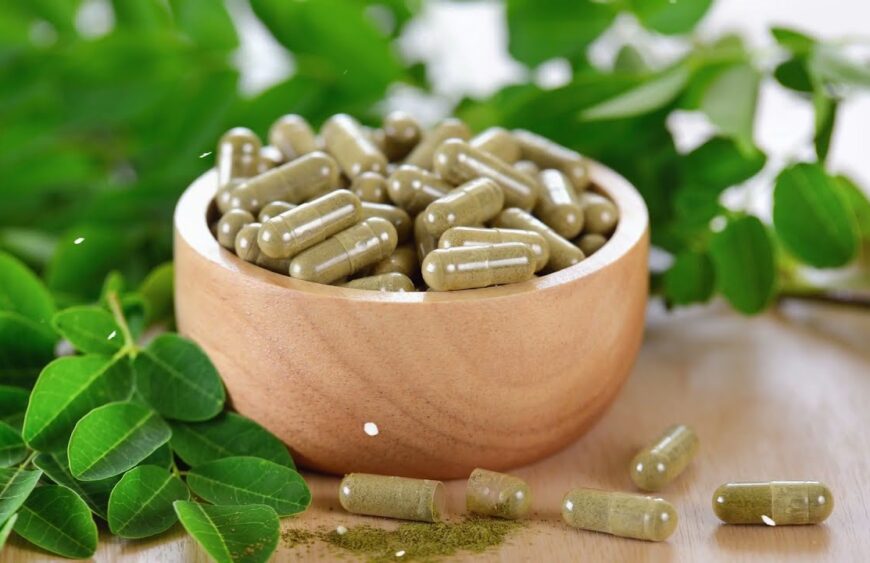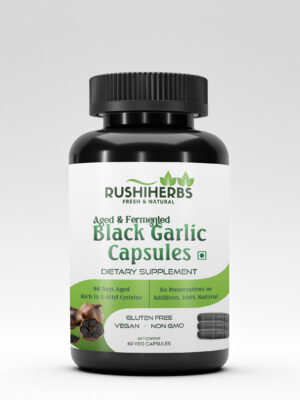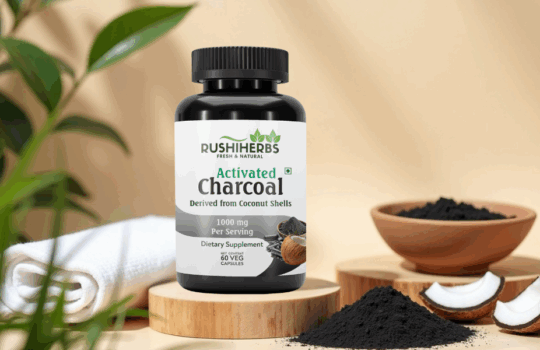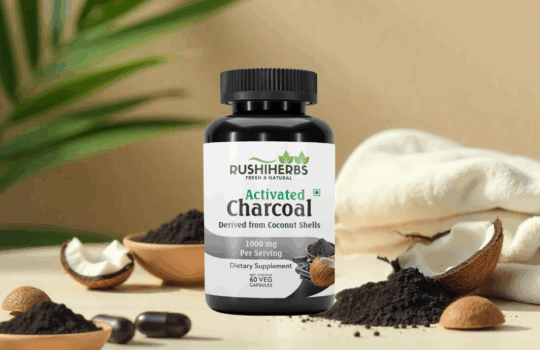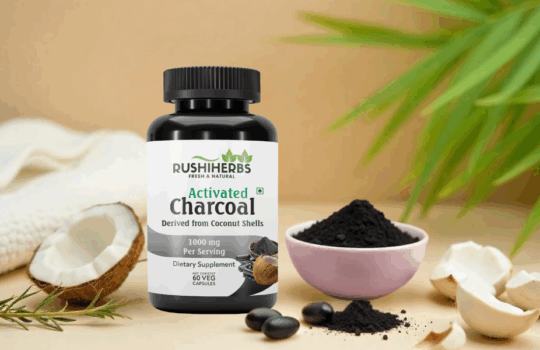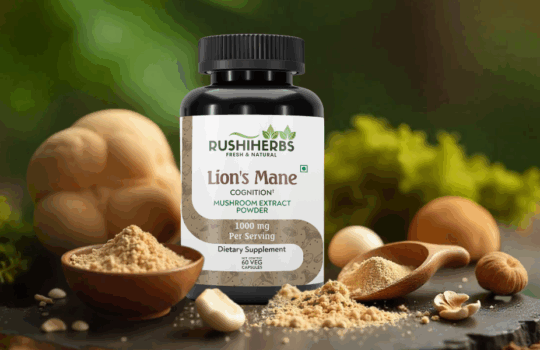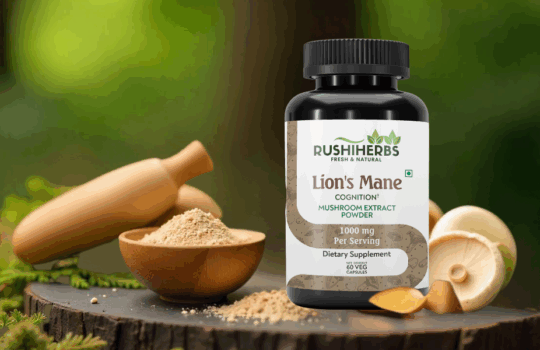Step 1: Check for Third-Party Testing
Reputable brands test for heavy metals, microbes, and contaminants. Look for a “Certificate of Analysis” (COA) on their website.
Step 2: Examine the Capsules
- Color: Pure Moringa powder is vibrant green. Brown or dull hues indicate oxidation or filler use.
- Smell: Fresh, earthy aroma. A chemical smell suggests preservatives.
- Texture: Fine, clump-free powder. Grittiness implies poor processing.
Step 3: Research the Brand
- Read customer reviews on independent platforms (e.g., Trustpilot).
- Avoid brands with no physical address or customer service contacts.
Why Purity Matters: Risks of Fake Moringa
- Heavy Metal Contamination: A 2020 study in Food Control found some Moringa supplements contained unsafe lead levels.
- Reduced Efficacy: Fillers dilute Moringa’s antioxidants and vitamins.
- Allergens: Undisclosed additives like soy or gluten can trigger reactions.
You can Try Our Product, it is well tested and Naturally Sourced.
Why Choose Rushi Herbs?
- 100% Natural: No chemicals, fillers, or artificial additives—just pure Moringa.
- Lab-Verified: Every batch is tested for purity and potency.
- Sustainable Practices: Partnering with organic farms to support ecosystems.
FAQ
Q: Are your capsules vegan-friendly?
Yes! Our capsules are plant-based cellulose.
Q: How should I store Moringa capsules?
Keep them in a cool, dry place away from sunlight.
Final Thoughts
The Moringa market is rife with shortcuts, but informed buyers can spot fakes. By prioritizing certifications, transparency, and third-party testing, you’ll reap the true benefits of this superfood.
Ready to Experience Pure Moringa?
Explore Rushi Herbs’ Moringa Capsules — lab-tested, chemical-free, and crafted for your wellness.

